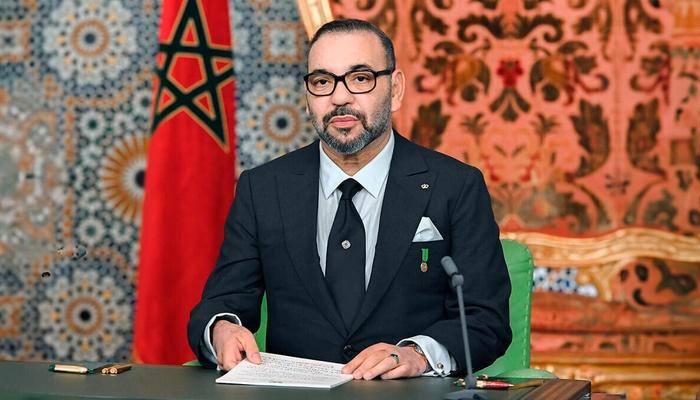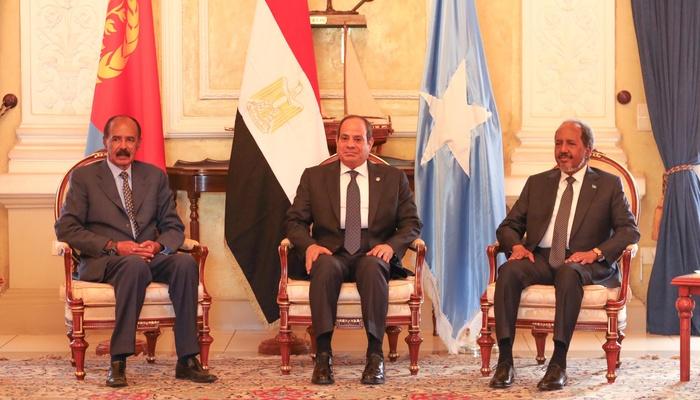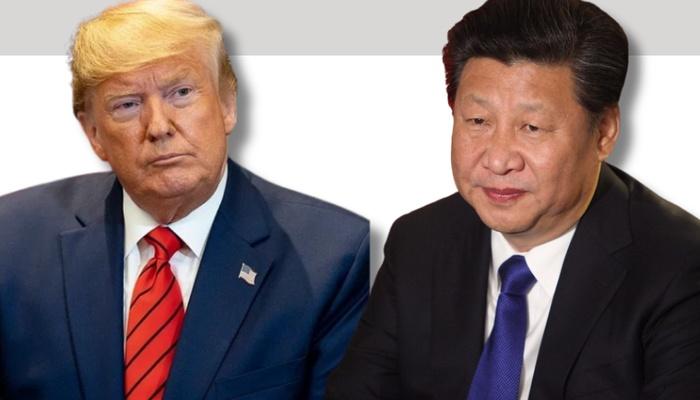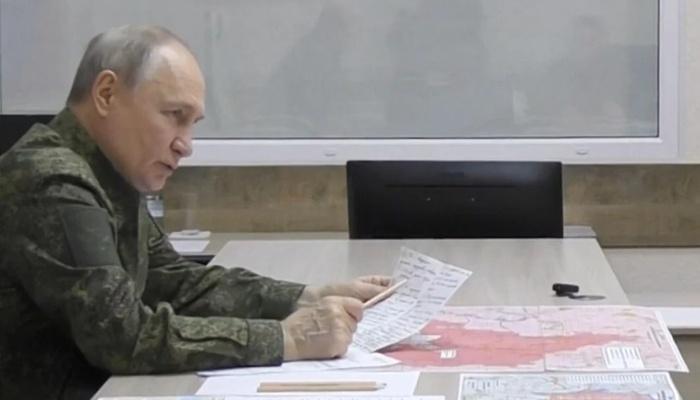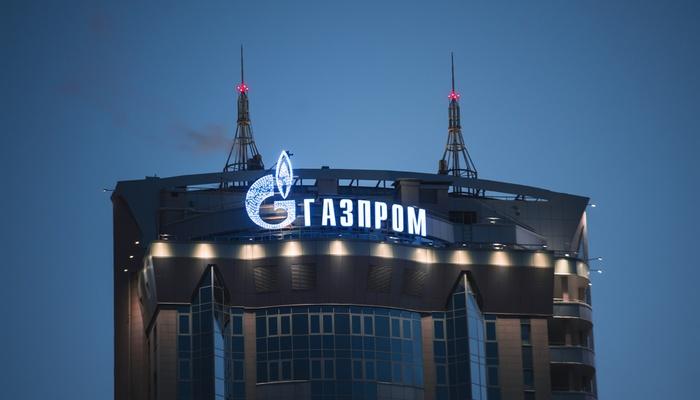Italy sends 500 troops to Niger to tackle traffickers and jihadists
Italy is to deploy hundreds of soldiers to a desert fort in Niger to confront people- traffickers who send Africans across the Sahara and the Mediterranean.
Special forces will be among the 470 troops to be dispatched 60 miles south of the Libyan border to Fort Madama, a military outpost built by the French in the 1930s which sits astride key smuggling routes.
Paolo Gentiloni, the prime minister, said the plan, yet to be approved by the Italian cabinet, will help to “defeat the trafficking of humans as well as terrorism”. The scheme reflects Rome’s view that Libya’s desert frontier is now Europe’s southern flank, a gateway for migrants heading across the Mediterranean, that must be sealed.
Andrea Margelletti, an adviser to the Italian defence ministry, said: “When thousands of migrants arrive in Italy, it’s our problem.” Italy has already trained Libyan coastguards to intercept migrants setting off in perilous inflatables. The Saharan mission is also seen as a way to stop Libya becoming a bottleneck for stranded migrants.
A team of 120 soldiers, mainly engineers, will go out in the new year with more than 100 vehicles that will land in Gabon on the west coast of Africa and be driven 1,500 miles to the fort.
The mission also follows a French request for help after 4,000 of its soldiers were sent to fight jihadist insurgents in the Sahel region, between the Sahara and the savannah in South Sudan. Fort Madama has been used by soldiers of the French Foreign Legion.
Mr Gentiloni joined European leaders and the governments of Mali, Niger, Chad, Burkina Faso and Mauritania at a conference outside Paris this month to discuss joint efforts to crack down on terrorists in the region.
The Niger mission comes after a series of rows between Italy and France, starting with Italy’s anger over French pressure to oust Colonel Gaddafi in Libya. Italy declined to offer assistance when France sent troops to Mali in 2013 to counter jihadists. The new easing of the tension follows closer military ties prompted by Britain’s exit from the EU.
Jean-Pierre Darnis, of the IAI think tank in Rome, said: “Italy is keenly aware of growing European military integration, exemplified by these kinds of military missions, and doesn’t want to miss out.” Nonetheless, Italy has been suspicious of France’s support for General Khalifa Haftar in Libya, where the two nations’ energy companies vie for influence.
Gianandrea Gaiani, director of the online defence journal Analisi Difesa, said: “The irony is that Italy is now partnering in Niger with France, which is its biggest rival just across the border in Libya.”
Italy’s military chief of staff, General Claudio Graziano, has said that the Italian mission will not be a combat force. It will focus on training Niger soldiers to tackle traffickers and jihadists.
Mr Gaiani believes that if the Italian prime minister wanted to stop the traffickers’ well-armed militias, it would be hard to do so without fighting. A defence ministry source in Rome said the mission would be simply men and vehicles. Four US soldiers were killed in Niger in October by about 50 Isis-affiliated militants who ambushed their convoy with rocket-propelled grenades and heavy machineguns.
The mission will ramp up as Rome diverts about half the 1,500 troops it has stationed in Iraq. First, however, the deployment must be approved in parliament, where opposition to the plan is growing.
The left-wing Free and Equal alliance, a group of dissidents from Italy’s ruling Democratic Party, criticised the lack of consultation with MPs.
Marco Minniti, the interior minister who has overseen relations with Libya, will hope to win the trust of local tribes, using the same skills of diplomacy that convinced leaders in southern Libya to fight traffickers.
Mr Minniti said that at first the tribal leaders did not trust him. “Only when I reassured them that I was from Calabria, a region where alliances are sealed with blood, did they agree to sign.”
Source: TheTimes
